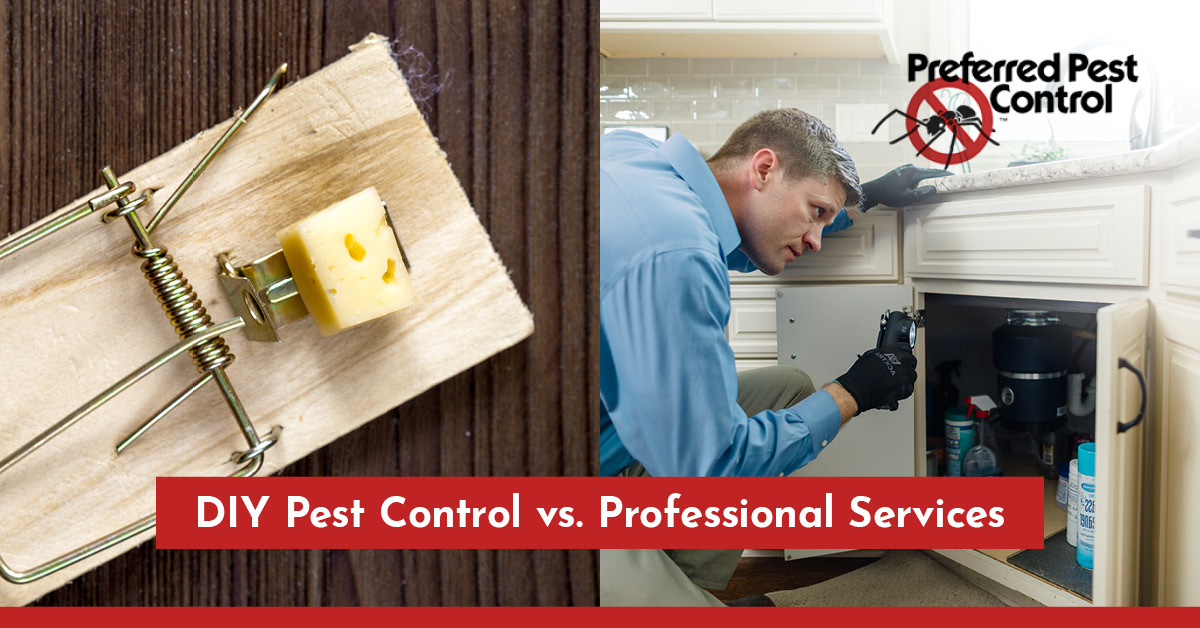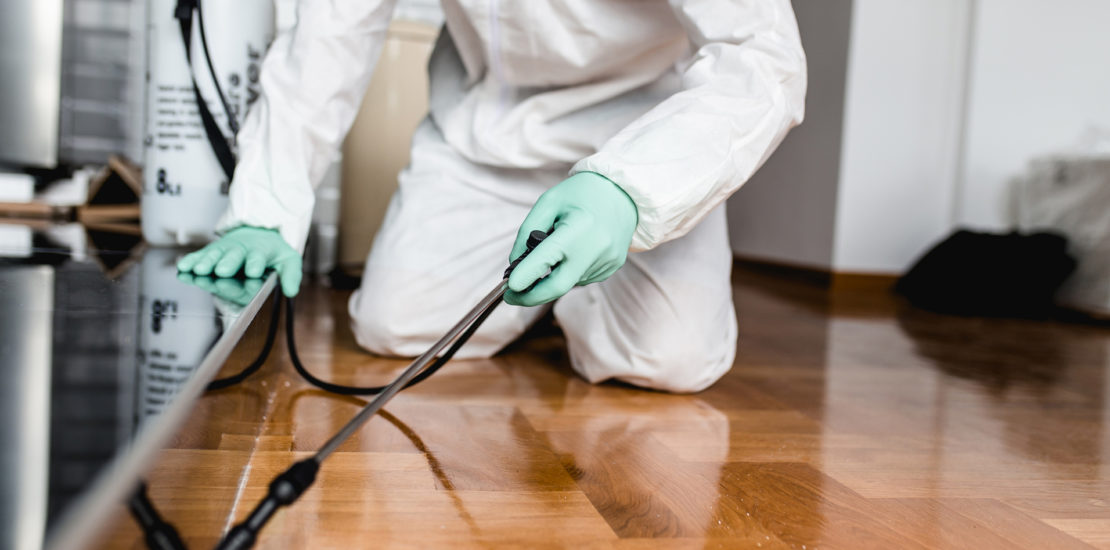Pest Control Clovis Solutions: Expert Solutions at Your Doorstep
Pest Control Clovis Solutions: Expert Solutions at Your Doorstep
Blog Article
Comprehending the Numerous Approaches to Bug Control: A Comprehensive Guide

All-natural Bug Control Techniques
Employing green methods such as companion growing and biological pest control is crucial for properly handling pests in farming settings. Friend planting entails expanding different plants in proximity to hinder insects, enhance nutrient uptake, and enhance overall plant health.
Organic insect control entails introducing all-natural predators or virus to control pest populaces. Ladybugs, as an example, prey on aphids, controlling their numbers without the demand for chemical pesticides. Another instance is making use of Bacillus thuringiensis (Bt), a germs that targets specific insect bugs while being safe to people, pets, and advantageous pests.
These environmentally friendly approaches not only decrease the dependence on synthetic pesticides however also assist maintain biodiversity and soil health and wellness. By including natural insect control approaches into agricultural techniques, farmers can attain sustainable bug administration while reducing negative influence on the environment.

Chemical Parasite Control Solutions
Along with natural parasite control techniques, the application of chemical pest control services plays a considerable function in properly taking care of pest populations in agricultural environments. Chemical insect control services are developed to target certain bugs that might create considerable damages to plants. These services typically consist of artificial chemicals that are created to remove bugs swiftly and effectively.
One of the essential advantages of chemical insect control solutions is their effectiveness in controlling bug problems widespread. Farmers can apply these remedies using numerous techniques such as splashing, fumigation, or seed treatment to safeguard their crops from harmful insects, weeds, and conditions. In addition, chemical bug control services are relatively very easy to use and can supply fast results, aiding farmers secure their yields and minimize financial losses.
Nevertheless, it is vital to make use of chemical parasite control options judiciously to decrease potential adverse influence on the setting, non-target organisms, and human wellness. Proper application strategies, adherence to safety standards, and regular tracking are crucial to make sure the responsible use chemical parasite control services in farming practices.
Biological Parasite Control Approaches
Organic insect control comes close to leverage natural predators or virus to manage insect populations in farming setups properly. One usual organic control approach is the intro of all-natural adversaries, such as ladybugs or parasitical wasps, find more to target details pests.
Another organic control technique entails utilizing pathogens like fungis, bacteria, or infections to infect and eliminate insects. On the whole, biological parasite control methods supply a sustainable and targeted option to pest management in farming.
Integrated Pest Administration (IPM)
Integrated Parasite Administration (IPM) is a thorough approach that integrates numerous insect control methods to effectively handle and decrease pest populaces in agricultural systems. IPM concentrates on lasting avoidance of pests with a mix of organic, cultural, physical, and chemical control methods. By integrating these various strategies, IPM aims to decrease reliance on chemical pesticides, lessen ecological influence, and promote sustainable insect administration techniques.
One trick aspect of IPM is the use of biological controls such as natural predators, parasites, and microorganisms to manage parasite populaces. This approach harnesses the power of nature to maintain a balance between insects and their natural opponents without triggering damage to the atmosphere.
Furthermore, IPM includes cultural methods like crop rotation, habitat, and sanitation adjustment to develop unfavorable problems for insects and disrupt their life cycles. Physical controls such as obstacles, catches, and mulches are additionally made use of to stop bug invasions.
Physical and mechanical Insect Control Techniques
Making use of non-chemical approaches, such as mechanical and physical pest control strategies, is an essential aspect of thorough bug administration strategies, constructing upon the structure of Integrated Insect Monitoring's alternative method. Mechanical pest control entails making use of physical obstacles or traps to prevent parasites from accessing and damaging plants or structures. This method can consist of techniques like mounting screens on home windows, using row covers in farming, or employing sticky catches to catch bugs.
Physical pest control approaches, on the other hand, concentrate on directly getting rid of pests with physical means. As an example, using warm therapies to eliminate bed pests or vacuuming up parasites like spiders or ants can be effective methods to manage invasions without making use of chemicals. By integrating these physical and mechanical insect control strategies right into an Integrated Insect Administration strategy, people and professionals can reduce reliance on pesticides while still properly decreasing and taking care of pest populations damage.
Final Thought

In enhancement to all-natural pest control approaches, the usage of chemical pest control options plays a significant duty in successfully managing pest populaces in agricultural atmospheres.One of the key benefits of chemical pest control options is their effectiveness in regulating pest problems on a large range.Integrated Pest Administration (IPM) is a comprehensive technique that combines different parasite control techniques to properly manage and lessen pest populaces in agricultural systems.Using non-chemical approaches, such as mechanical and physical bug control strategies, is an important facet of comprehensive bug monitoring strategies, developing upon the structure of Integrated Parasite Management's alternative technique. By including these mechanical and physical insect control methods right into an Integrated Pest Management plan, people and specialists can reduce reliance on pesticides while still successfully taking care of pest published here populaces and decreasing damage.
Report this page